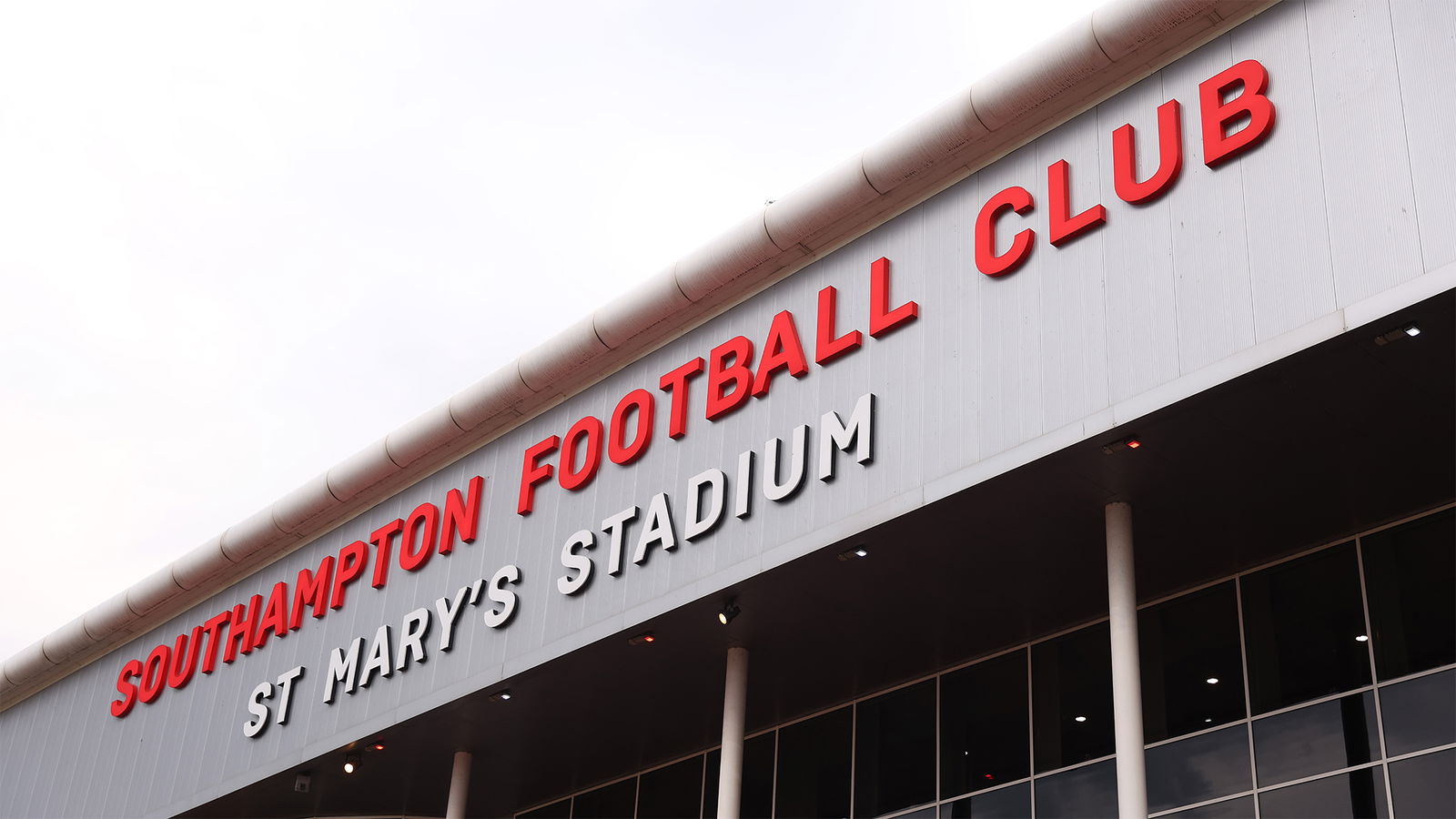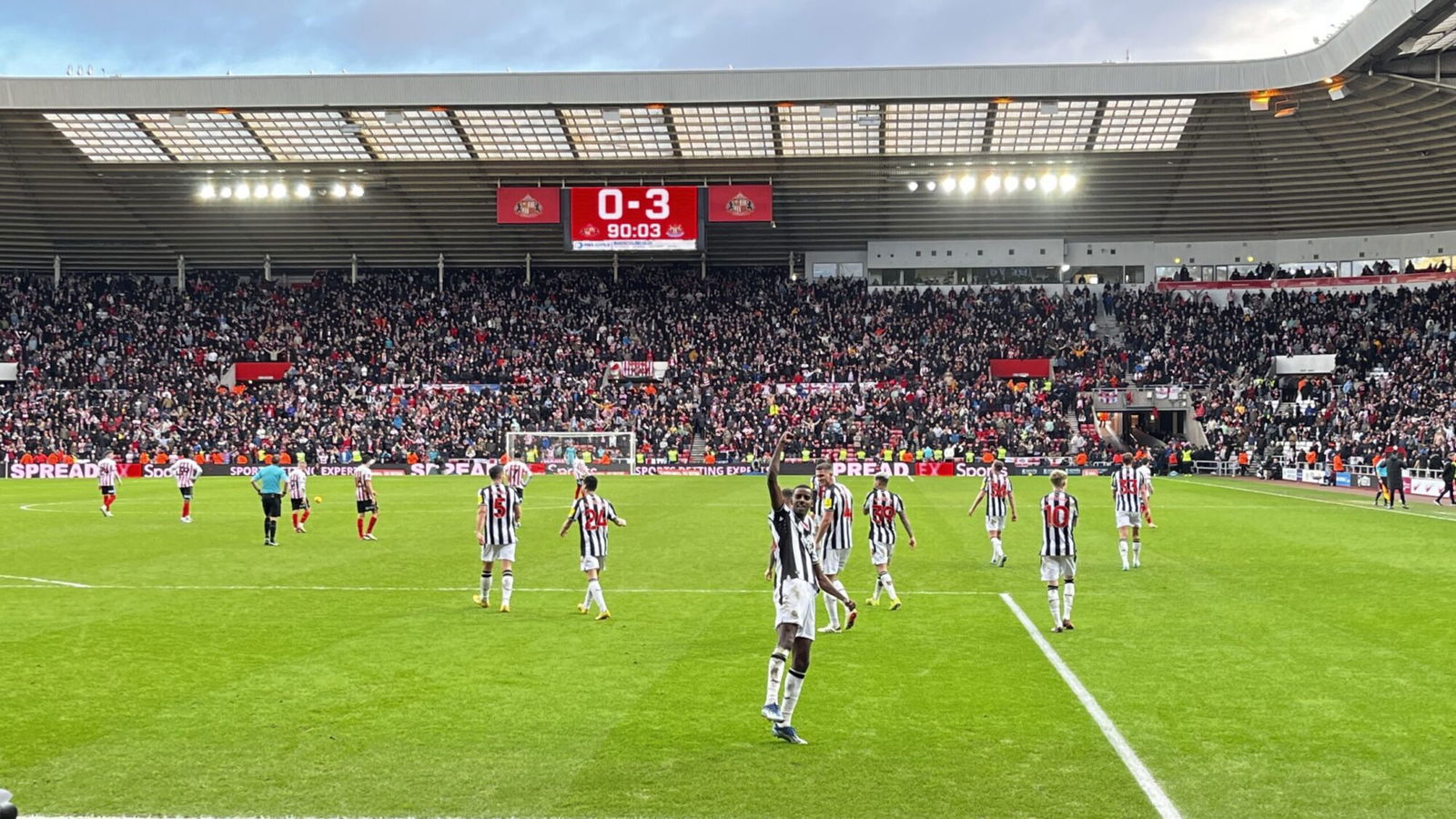ARTICLE AD
Aston Villa put forward a proposal to the other 19 Premier League clubs.
That proposal ahead of today’s annual general meeting of the league.
The Aston Villa proposal was to increase the allowable losses over any three seasons period from £105m to £135m.
As we reported (see below) this morning, that £105m figure was put in place in 2013 and hasn’t changed since.
Earlier this year, football finance expert Kieran Maguire said that if that £105m figure had kept pace with ‘football inflation’ these past 11 years, the allowable losses for Premier League clubs (over a three seasons period) would now be £218m+.
Now on Thursday afternoon, the very well connected and informed Martyn Ziegler has brought an update.
The Chief Sports Reporter for The Times saying that the Aston Villa proposal has failed, not getting the necessary support from enough of the other 19 Premier League clubs.
Martyn Ziegler via Twitter – 6 June 2024:
“Aston Villa have failed in their bid to have the Premier League’s PSR loss limit raised from £105m over three years to £135m next season.
An alternative proposal by Crystal Palace to allow more flexibility to some clubs in Europe also failed.’
The Mag report – Earlier today (Thursday 6 June 2024):
A proposal is reported to have been put forward by Aston Villa ahead of today’s meeting of all 20 Premier League clubs.
The initiative that is set to be discussed and voted on, involves changes to the PSR restrictions.
As things stand, Premier League clubs can each lose up to £105m over the course of any three season period.
This reported Aston Villa proposal would see those allowed losses be increased.
The only problem I have with this, is that I don’t think it goes far enough.
The Aston Villa proposal is expected to be passed when the 20 Premier League clubs vote, however, it is likely to only see an increase of allowed losses to £135m over any three season period, effectively an average of £45m per season.
I think quite clearly something has to be done to try and help ambitious clubs stand some chance of closing the gap on the rich and powerful who are trying to keep them out. So whilst I don’t think the latest Manchester City legal case against the Premier League on APTs (Associated Party Transactions) is something I can really get fully behind, if the owners of clubs can afford it and are willing for their clubs to lose more money in the short-term as they look to invest in closing the game on the usual suspects financially and on the pitch, then I am all for it.
Six months ago, football finance expert Kieran Maguire made the very valid point (see below) that the allowed £105m losses over three seasons, was a figure arrived at over a decade ago!
Eleven years ago that figure decided and now compared to 2013, when you take ‘football inflation’ (rise in revenues, wages etc) into account, then the £105m figure of 2013 would now be £218m+
Surely if there are to be FFP / PSR limits and allowed losses, they absolutely should be reflecting what is happening in the world of football.
So if the reality is that the real value of allowing Premier League clubs losses up to £105m (over any three year period) has now more than halved (As in, you would need £218m now to equal the power of what £105m gave you in football back in 2013) these past 11 years, due to football inflation, then that figure of allowed losses should be constantly adjusted and increased each year, in line with that football inflation.
If it doesn’t, then the reality is that those who are already in the strongest positions in terms of ability to spend, will only increase that advantage year on year.
Football finance expert Kieran Maguire made a great point – 13 January 2024:
“If Premier League PSR (Profit and Sustainability Rules) limits had risen in line with football inflation since 2013 (here I’m using wages but revenues are similar) clubs could lose up to £218 million over 3 years.
“Non adjustment of limits is similar to fiscal drag when government doesn’t raise tax thresholds.
“The non increase of the PSR limits has hit clubs with new owners since 2013 hardest, such as Newcastle, Everton and Villa.”

 

.png) 7 months ago
51
7 months ago
51 

